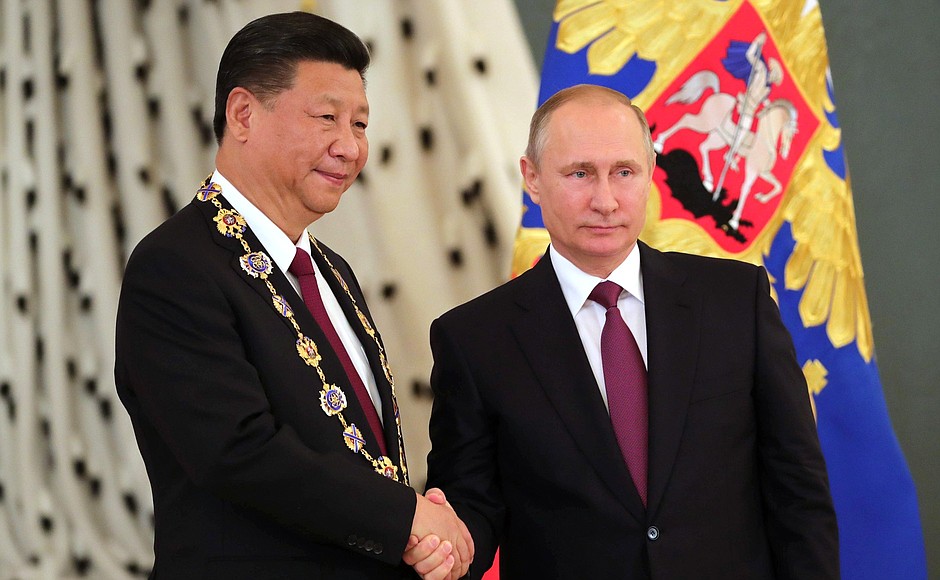
Yu Sui, Professor, China Center for Contemporary World Studies
Aug 29, 2018
In front of the agitated and sometimes flustered US, President Xi Jinping is still composed and firm like a rock.
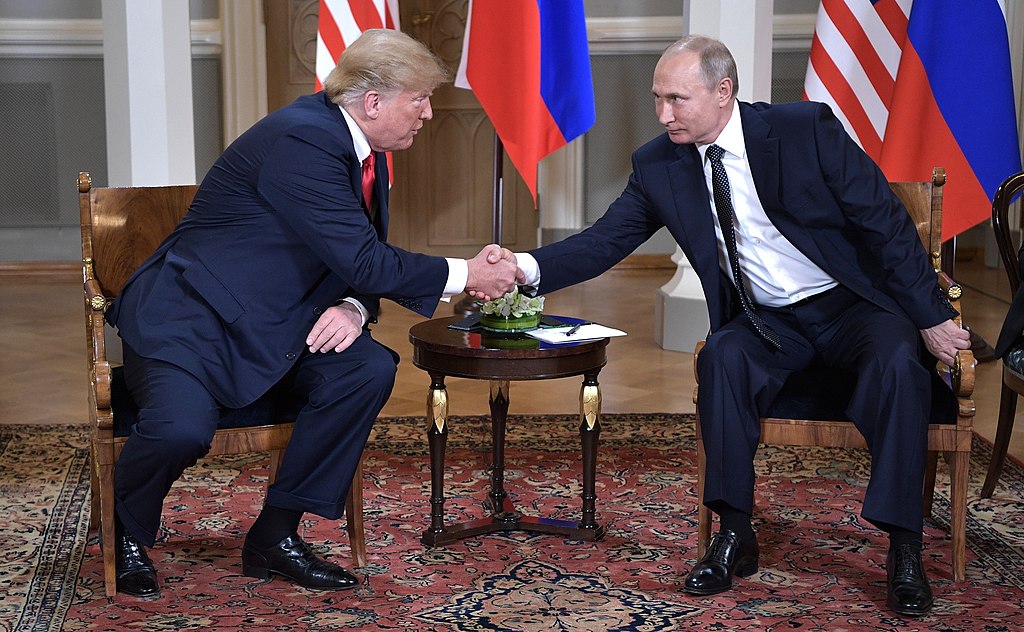
Yin Chengde, Research Fellow, China Foundation for International Studies
Aug 23, 2018
Russia is closer to China than to the US. Trump won’t change that.
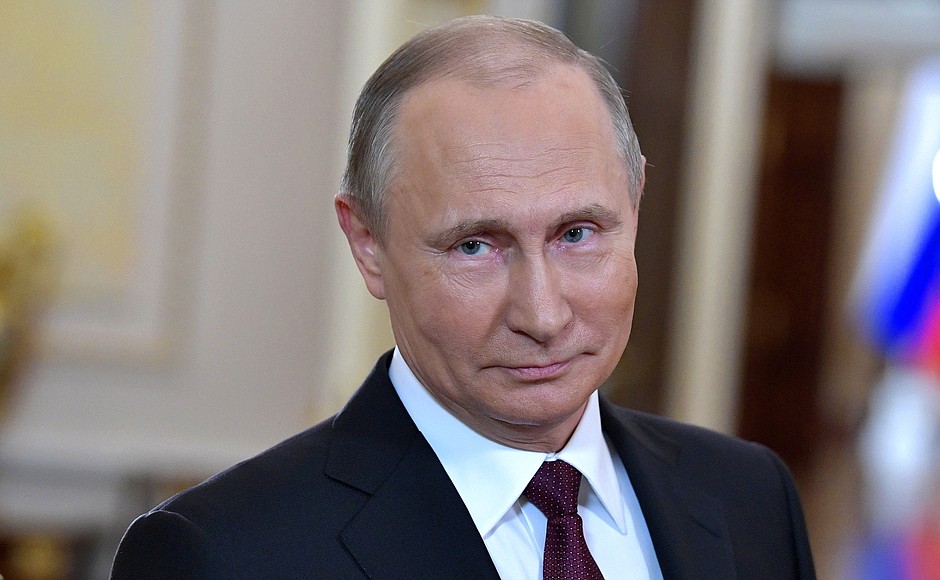
Zheng Yu, Professor, Chinese Academy of Social Sciences
May 21, 2018
The US feels it can take on both China and Russia at the same time now.
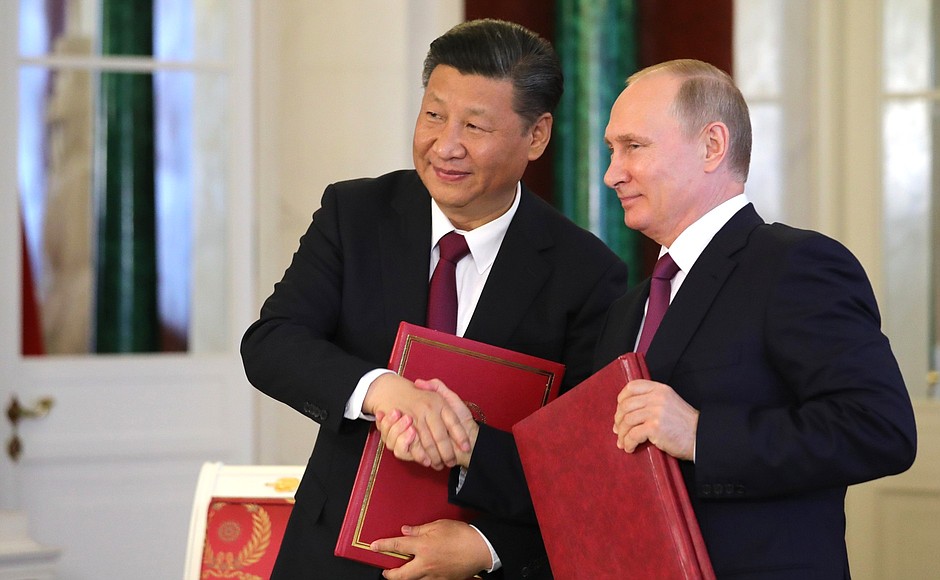
Yu Sui, Professor, China Center for Contemporary World Studies
Apr 06, 2018
Moves taken by the US oftentimes pushes the other two countries closer together.
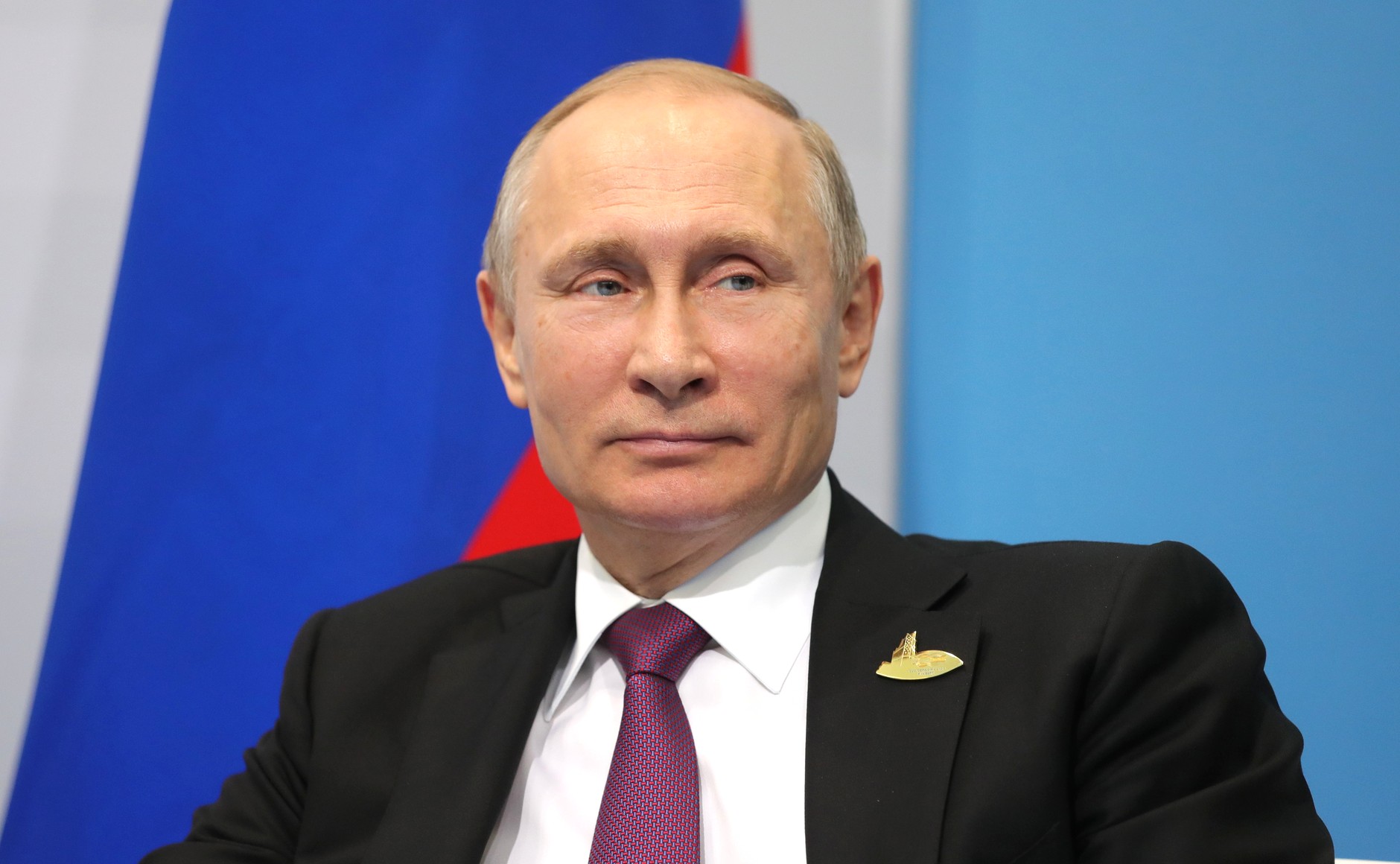
Zheng Yu, Professor, Chinese Academy of Social Sciences
Mar 06, 2018
What will a changing Russian foreign policy mean for China?
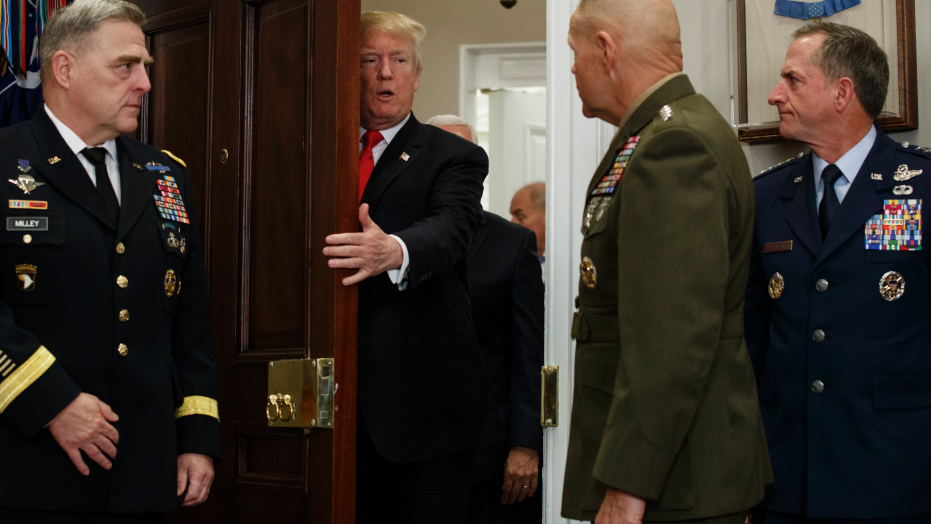
Fan Gaoyue, Guest Professor at Sichuan University, Former Chief Specialist at PLA Academy of Military Science
Feb 08, 2018
Labeling China and Russia revisionist powers is a declaration of a new Cold War.
Jan 17, 2018
Secretary of State Rex Tillerson offered a sobering assessment about the possibility of war with North Korea, saying advances in that country’s nuclear program meant the situation was “very tenuous.”
Oct 10, 2017
Russia and China called for restraint on North Korea on Monday after U.S. President Donald Trump warned over the weekend that “only one thing will work&rd
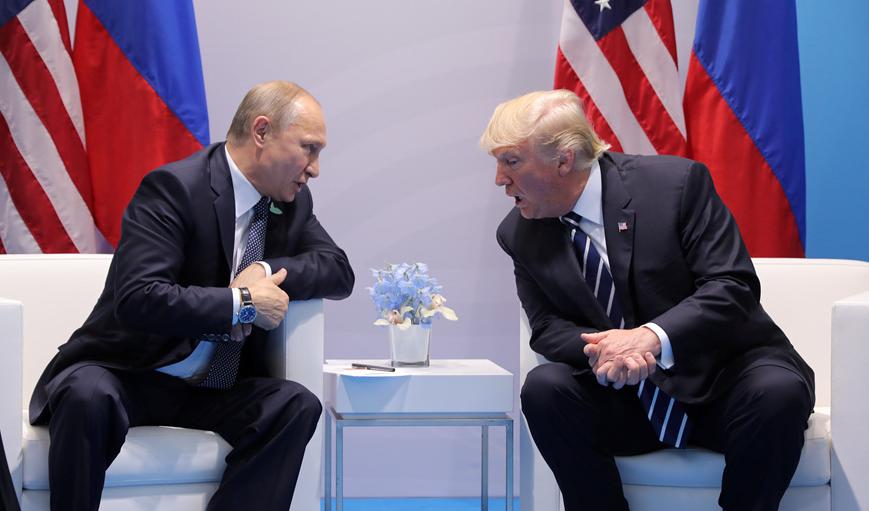
Shen Yi, Associate professor, Department of International Politics, Fudan University
Aug 17, 2017
On August 2, U.S. President Donald Trump signed into law the “Countering America’s Adversaries Through Sanctions Act.” With Trump-Putin relations agitated and China and the U.S. still lacking cooperation on the issue of North Korea, who will be the biggest loser amidst the superpowers? Who will benefit from the sanctions?
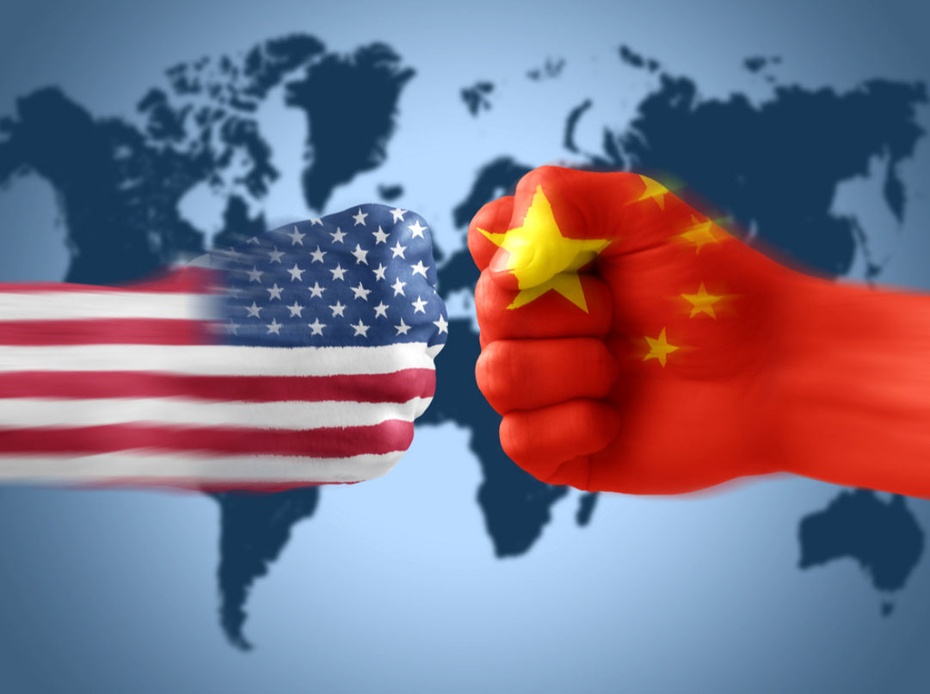
Zheng Yu, Professor, Chinese Academy of Social Sciences
Jul 12, 2017
it seems that the tough approach on the South China Sea was more a campaign strategy than a policy plan. Like previous administrations, the Trump team sees armed conflict between China and the US as a losing proposition for all sides, and issues of economy, trade and the South China Sea better managed by cooperation than confrontation.
Back to Top

- China-US Focus builds trust and understanding between the U.S. and China through open dialogue among thought leaders.
- Our Offerings
- Topics
- Videos
- Podcasts
- Columnists
- Research Reports
- Focus Digest
- Stay Connected
-
Thanks for signing up!
- Get the latest stories from China-US Focus weekly.